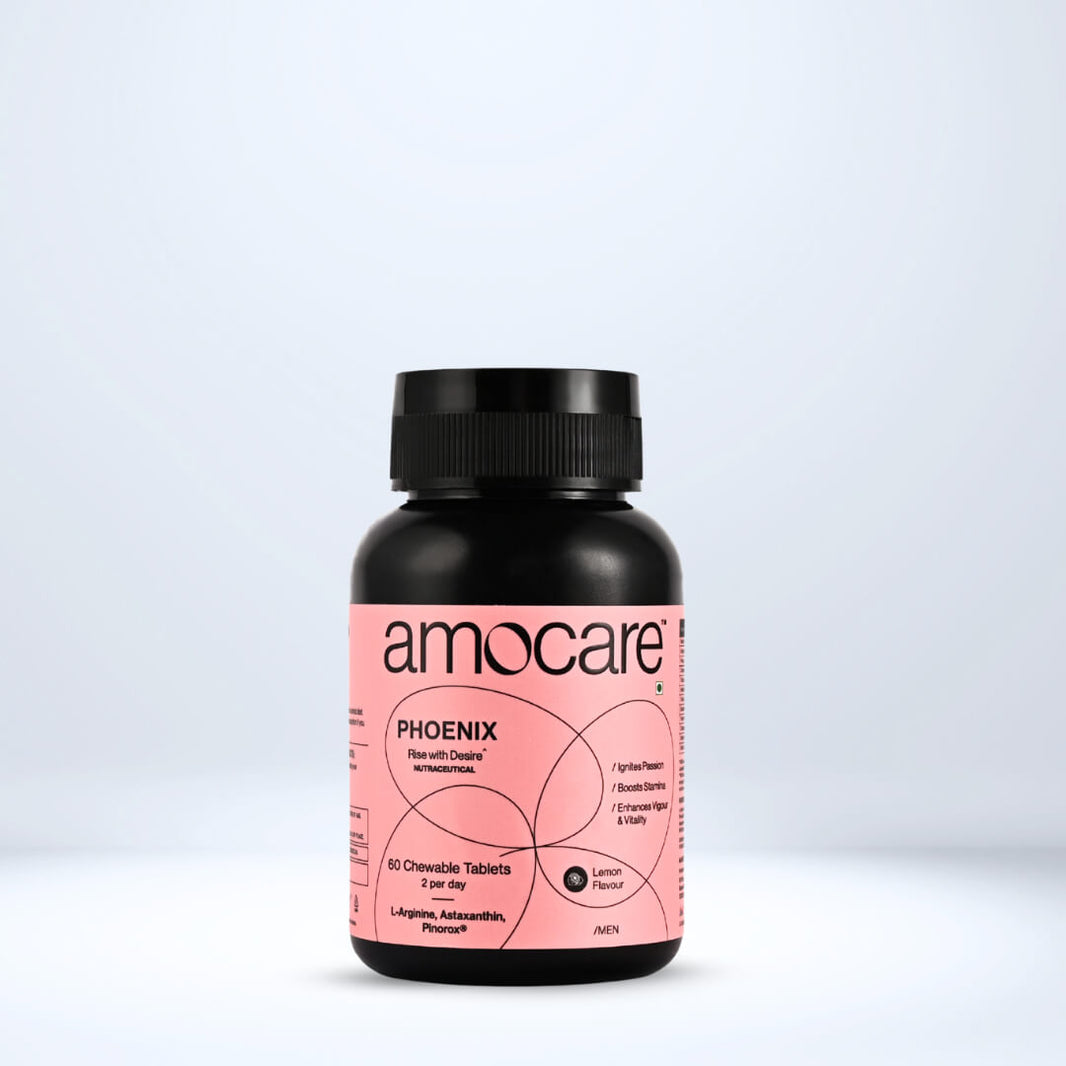Oxytocin, also known as the "love hormone," is a potent hormone and neurotransmitter that promotes empathy, trust, and close relationships. Its level rises during embraces and orgasms, reinforcing its intimate image. However, Oxytocin is more than simply a feel-good hormone; it also serves as a natural stress reliever, decreasing cortisol and blood pressure.
This unique hormone improves pain tolerance, mimics the effects of anti-anxiety drugs, and promotes favorable social connections. Oxytocin, which is produced in the brain and released into the bloodstream by the pituitary gland, also encourages development and healing, making it necessary for both emotional and physical health.
The Magic of Oxytocin
Oxytocin, produced naturally in the brain and released by the pituitary gland into the bloodstream, has a broad spectrum of benefits. It elevates pain thresholds, mimics the effects of anxiolytics, and fosters positive social interactions. Additionally, it promotes growth and healing, underlining its importance not just in emotional bonding but in overall health.
It strengthens the link between couples and promotes social contact, helping us to develop friendships and collaborate in groups.
Effects of Lack of Oxytocin
Oxytocin is a hormone that plays a key role in social bonding, childbirth, and emotional regulation.
When there's not enough Oxytocin, it can affect people in several ways:
- Social Connections: Oxytocin helps us feel connected to others. Without enough, people might find it harder to form close relationships or feel empathy.
- Emotional Well-being: This hormone helps regulate our mood. Low levels of oxytocin can lead to feelings of anxiety, stress, and depression.
- Childbirth and Bonding: Oxytocin is crucial during childbirth and breastfeeding, helping mothers bond with their babies. A lack of it can make these processes more difficult.
- Stress Management: Oxytocin helps reduce stress. Without enough, people may find it harder to manage stress and might feel more overwhelmed.

Unlocking the Power of Oxytocin: How Oxytocin Boosts Mental Health and Emotional Well-Being
The following are a few benefits of Oxytocin on mental health:
Oxytocin, sometimes referred to as the "love" or "happy" hormone, has a powerful emotional effect. It is one of the four feel-good chemicals. Because it strengthens our bonds with one another, it is known as the "love hormone." Anxiety and depression have been related to low Oxytocin levels in the brain.
Let's discuss a few benefits of Oxytocin on a person's mental health.
-
Enhancing Social Bonding and Trust
Strong, healthy connections are essential throughout life. Your social relationships with family members, friends, neighbors, coworkers, and others have an impact on your mental, emotional, and physical health. Oxytocin promotes trusting behavior. It raises pain thresholds, has an effect akin to anxiolysis, and promotes a variety of constructive social interactions.
-
Reducing Anxiety and Stress
The body may suffer from a prolonged and constant increase in heart rate, as well as from high blood pressure and stress hormone levels. As a result of this prolonged, continuous stress, the risk of hypertension, heart attack, or stroke may rise. Oxytocin's anti-stress effects can drop blood pressure and cortisol levels.
It raises pain thresholds, has an effect akin to anxiolysis, and promotes a variety of constructive social interactions. It also encourages development and healing. By enhancing the amygdala connection in anxiety patients and lowering it in the general population, oxytocin overturned those patterns.
-
Enhancing Emotional Recognition and Empathy
Adaptive social behavior depends on the ability to recognize emotion from body language and facial expressions. Recognizing emotions directs one's reaction and behavior toward potentially amicable or dangerous individuals. Two separate aspects of empathy, emotional empathy, and cognitive empathy, are essential in how we react to others and have varied effects on our friendships and relationships.
Be it friends, coworkers, or partners, showing emotional intelligence and situational awareness will help you become a more reliable person in their eyes and improve your social relationships.
In humans, Oxytocin enhances gaze toward the eye area, social memory and empathy.
-
Promoting Attachment and Reducing Loneliness
Older people showed different effects of Oxytocin changes on the social and affective aspects of loneliness. Teaching others to recognize one's needs and attachment builds the groundwork for mutual understanding, trust, empathy, and both spoken and nonverbal communication.
After social contact, emotional loneliness only subsided at very high couple proximity levels. It increases functional connectivity and activation in brain regions linked to empathy and bonding. A youngster who is firmly attached is more likely to grow up with empathy, good social skills, and the capacity to build stable, long-lasting connections.
Additionally, they are more likely to be resilient and have better emotional control.
Boost Your Oxytocin Levels Organically
The act of touching appears to increase the release of Oxytocin. Hugging someone increases this hormone's levels and improves their feeling of well-being. The healthiest method to put an end to your troubles and transport yourself to a happy place is Amocare's de-stress gummies for men and women.
Made with natural ingredients like Ashwagandha and Vitamin D, these chewy, delectable candies are sure to please. Get back to your passion and take a break from everyday stress.











